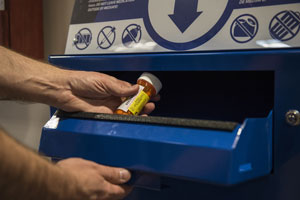Individuals-What Can I Do?
How can I tell if my water is safe to drink?
Proactive and periodic well testing – both when it’s dry and after all the rains – helps prevent contamination situations with early warning signs about issues that my help your own health and that of your neighbours.
Currently, people take water samples in to Courtenay to Bureau Veritas. The cost depends on what you get them to test for (e.g., total coliform, E. coli, chemical parameters, physical parameters, radiological parameters).
A pilot for an on-island water testing service is being developed with a hopeful implementation timeframe of fall 2023.
Here’s a good video from PennState: Solving bacteria problems in wells and springs
Water Quality Testing
Regular testing of public and community water systems is done and results are posted on their website.
Island Health https://www.healthspace.ca/Clients/VIHA/VIHA_Website.nsf/Water-Samples-Frameset?OpenPage=
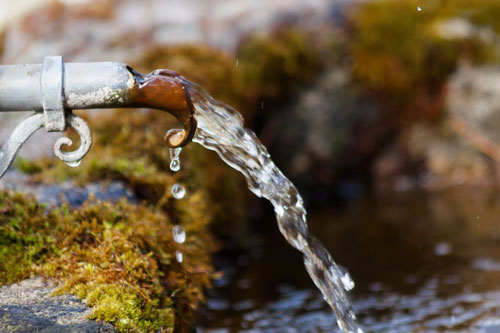
How can I conserve water?
Free and easy: follow steps that have been talked about for a long time, such as reducing the amount of water consumed in household activities, such as showering.
Free and a bit of effort: collect “grey water” and use it for watering non-food producing plants, such as shrubs.
Cheap: one local expert said that one of the easiest and most effective things to do is simply to replace washers on your taps and hoses. Get ‘em at the Co-op for pennies. If you’ve ever seen how quickly a jar fills up when left under a dripping tap, you’ll get the idea.
Measurement “devices”: install gadgets for well levels, intake volumes and wastewater outflows. A little “management by fact” goes a long way.
Well restrictor devices: restrict overconsumption automatically.
Storage tanks: harness the rain – in whole or in part – and know how much water you have on hand. There are extra considerations here, so check out our further information on this topic, just below.
Rain gardens
https://rainwaterharvesting.tamu.edu/raingardens/
Household Guide to Water Efficiency
https://www.cmhc-schl.gc.ca/odpub/pdf/61924.pdf?fr=1517439657267
Regional District of Nanaimo Brochures and Guides
http://www.rdn.bc.ca/brochures-and-guides
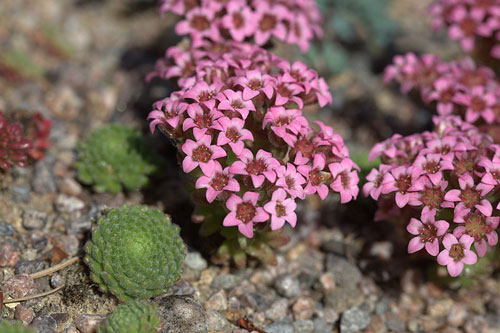
Is rainwater collection realistic?
It’s kind of an obvious point, but Hornby gets a lot of rain in the winter, and sometimes hardly anything at all in the summer. So, some people put in multiple, large cisterns so carry them through. Others use simple rain barrels and collect water that way, easing the demands on the well as much as possible.
When water is being collected for drinking purposes, there are times when there’s plenty of precipitation but when collection isn’t safe, specifically, when there’s pollen floating in the air. This can cause problems when the material sits around in the cistern.
In terms of rooftop collection, it’s viable. For those with torch-on roofs, new membranes can be overlaid to allow for rainwater collection.
One method of stormwater control that also adds an aesthetic benefit to your landscape is the rain garden
Regional District of Nanaimo Rainwater Harvesting Best Practices Guidebook
http://rdn.bc.ca/events/attachments/evID6235evattID1344.pdf
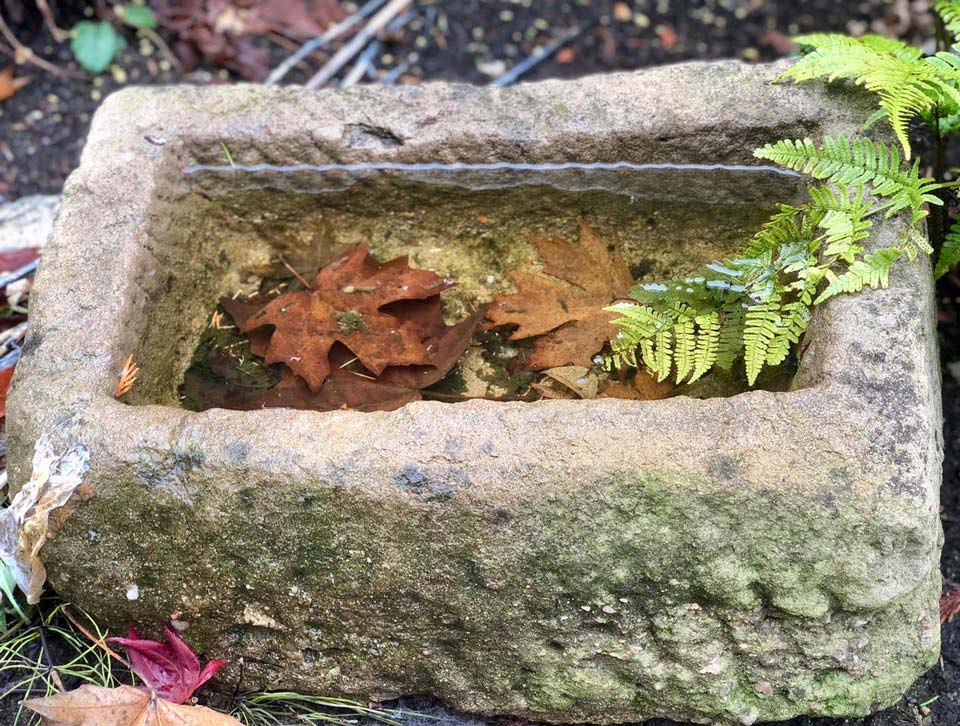
Care of Septic Systems

There is no one septic system suitable for all sites. They vary according to geology, lot size ad percolation time.
With proper care, a septic tank/field sewage treatment and disposal system will do its job for a long time. However any system will fail prematurely if taken for granted and neglected. The consequences of a failed system can be a serious health hazard caused by contaminated groundwater, streams and marine waters. Also, landowners may be faced with a septic field replacement cost of up to $25,000 or with having to install an expensive alternative package plant or engineered system. It pays to care for your sewage treatment/disposal system. Fortunately, it is not difficult to take the care necessary to have an effective long-lived field. All you have to do is protect it against damage caused by abuse of the system, vehicular damage or plugging by roots from adjacent trees, particularly cedars. The less apparent and, therefore, the greatest threat occurs when the effluent does the damage because it has not been treated adequately in the septic tank. As a result, inadequately digested particles in the effluent are too big and therefore plug the pores in the soil. This is progressive and has two consequences. It impairs field effectiveness by cutting off air to oxygen dependent bacteria which are what treat the effluent by destroying pathogens. When the plugging of the pores becomes advanced, the resulting impermeability of the field causes ponding or seepage of untreated effluent, polluting adjacent surface and subsurface waters. 

Composting Toilets - is this viable?
Some residents continue to use pit toilets and hopefully there will be opportunities for them to convert to compositing toilets. Newer technologies make them viable.
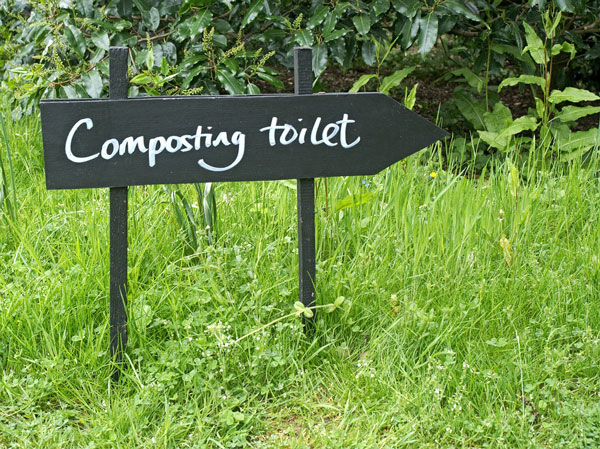
Chemicals and medications - Take it to the central site
Also, medications that aren’t required, or are passed their expiry date, are accepted at the medical clinic.
